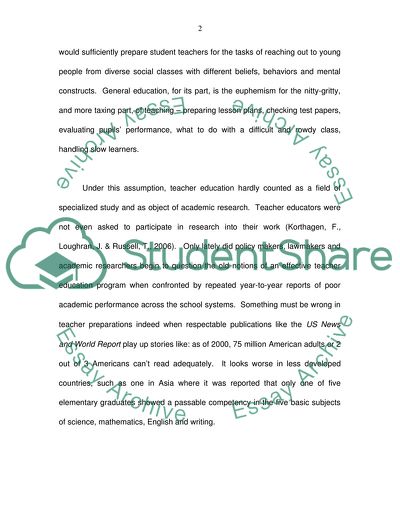Cite this document
(New Tack in Teacher Education Report Example | Topics and Well Written Essays - 3000 words, n.d.)
New Tack in Teacher Education Report Example | Topics and Well Written Essays - 3000 words. https://studentshare.org/professional/1704412-teacher-education-professional-in-language-teaching
New Tack in Teacher Education Report Example | Topics and Well Written Essays - 3000 words. https://studentshare.org/professional/1704412-teacher-education-professional-in-language-teaching
(New Tack in Teacher Education Report Example | Topics and Well Written Essays - 3000 Words)
New Tack in Teacher Education Report Example | Topics and Well Written Essays - 3000 Words. https://studentshare.org/professional/1704412-teacher-education-professional-in-language-teaching.
New Tack in Teacher Education Report Example | Topics and Well Written Essays - 3000 Words. https://studentshare.org/professional/1704412-teacher-education-professional-in-language-teaching.
“New Tack in Teacher Education Report Example | Topics and Well Written Essays - 3000 Words”. https://studentshare.org/professional/1704412-teacher-education-professional-in-language-teaching.


